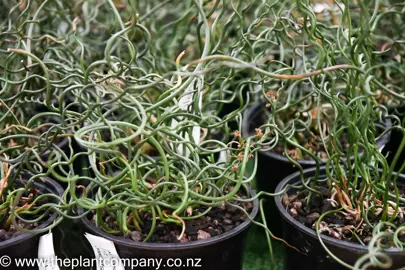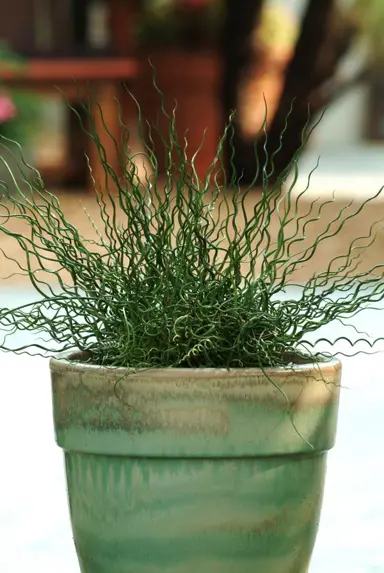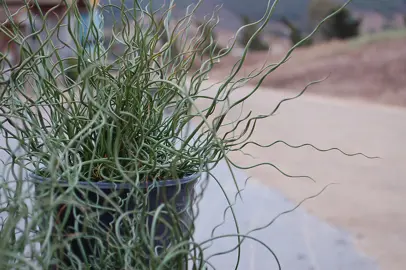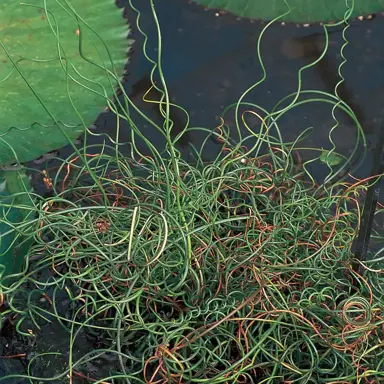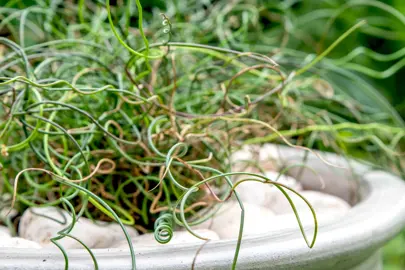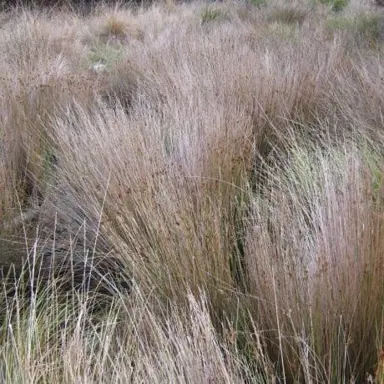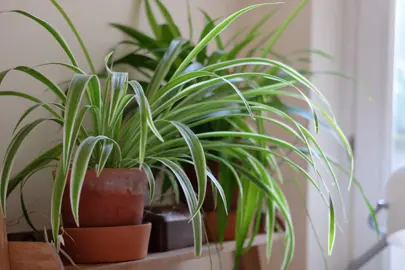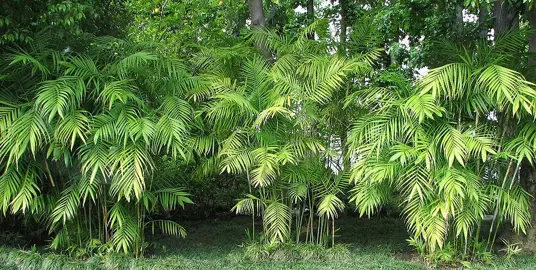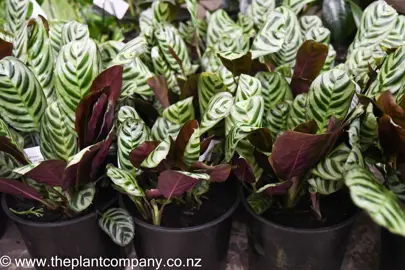Juncus Spiralis
Corkscrew Rush
Juncus effusus Spiralis features unusual, spiral shaped leaves, and is commonly grown as a potted plant. The dark green leaves have a corkscrew appearance and radiate outwards from a central clump as it grows to 40 cm tall and 50 cm wide. Juncus effusus Spiralis is commonly grown indoors or in offices where something unusual yet hardy is required. It brings an architectural flair to outdoor plantings and is often planted around pools, outdoor living areas, alongside paths, or used anywhere something interesting yet durable is required.
Juncus Spiralis is currently unavailable, but we do have other other amazing species and varieties of Juncus available.
explore them hereWhy? Our plants are subject to seasonality and high-demand. Please contact us if you would like to know when it becomes available again.
